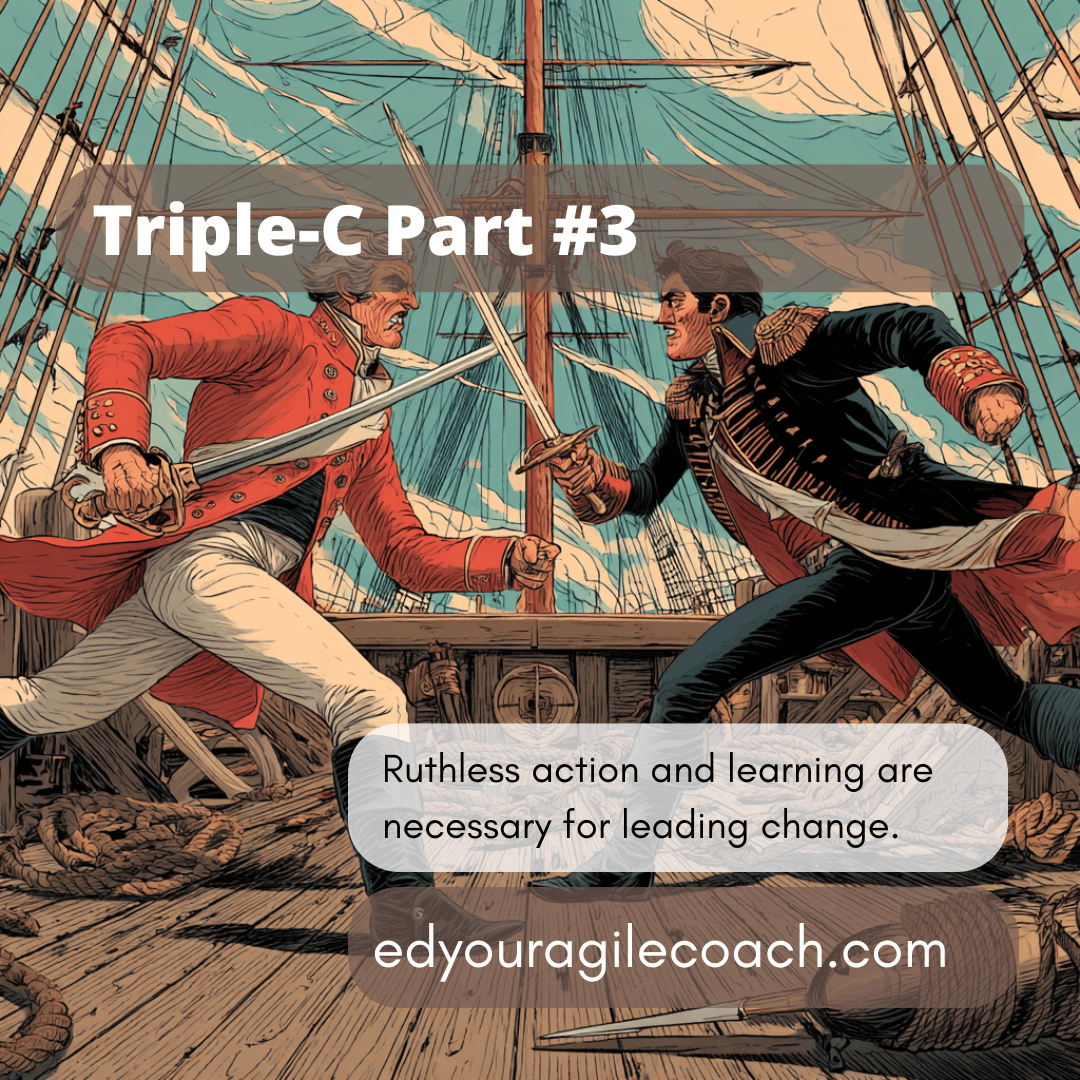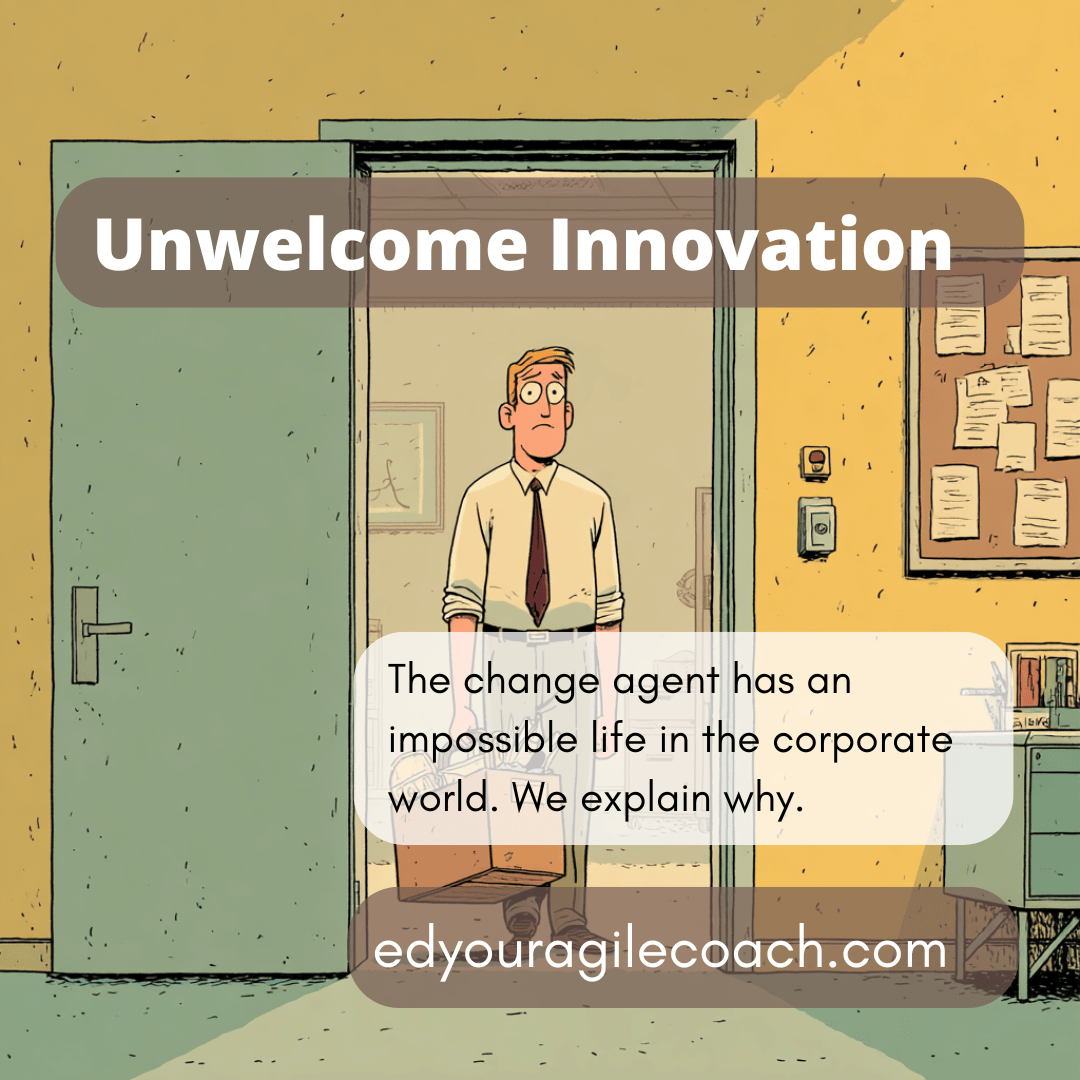Why Boring Leaders and Abundance Thinking Are Our Only Hope

When you watch the news, it often resembles a strange freak show. News features natural disasters alongside numerous manufactured catastrophes, such as crime and corruption. We frequently overlook good news because it doesn't grab headlines the way gloom and doom do. It explains why grifters, scoundrels, and individuals who merely act like masters of the universe but possess little real talent permeate the business press. As one presenter mentioned during a TED talk, we often overlook capable leaders because they are less interesting than those who appear to be floundering in the metaphorical ocean. Today, I want to reflect on why we need leaders who are boring, quiet, and competent.
I spend a considerable amount of my time reading books on leadership and philosophy. Over the past five years, I have devoted my time to studying the works of postmodern thinkers, including Foucault and Deleuze. Along the way, I am discovering other authors who expose me to different ideas that help inform my leadership. Recently, a significant debate has emerged between those who view economics, culture, and politics from two distinct perspectives. The first is the zero-sum perspective. It states that there is only a fixed set of resources, such as money, time, or raw materials. When someone gains, to maintain the balance, someone else must lose. The other perspective is an abundance perspective, which argues that we live in a time of abundance compared to previous periods in history and that if we share what we have, everyone will benefit. If there is a conflict in the business world, it is between the zero-sum mindset and the abundance mindset.
The conflict became evident to me when I read an article in The Atlantic that argued that American colleges take too many international students. Domestic students who could benefit from college are being excluded from opportunities by international students. On the surface, it seemed like a reasonable argument, but then Jamelle Bouie from The New York Times pointed out that it was a classic example of zero-sum thinking. International students pay full price for school so that domestic students can receive a discount or a wider course selection. It is a trade-off between abundance and limited resources. An international student paying full tuition is a net benefit for domestic students, even though it may not seem so at first glance.
Reality is more nuanced. We live in an era of unprecedented economic prosperity. It does not feel like it because the distribution of this prosperity is unequal. Shareholders and capital owners initially collect their payments; the remainder of us then earn wages. It means that decisions regarding the division of everything prioritize people who invest and who risk capital for business. The rate of return for those investments is greater than the overall growth of gross domestic product. It is how the rich continue to accumulate wealth while the rest of us struggle to keep up.
Realities like this create numerous perverse incentives in the business world. People with wealth receive preferential admission to colleges through legacy admissions and donor programs. Hiring managers recruit people from the same class background. Product decisions often center on potential customers who have a similar level of wealth and income. Finally, we offer VIP services to exclude individuals from advertising and interacting with those of lesser means. Inequality in times of abundance is distorting the basics of business.
The tension between zero-sum thinking and abundance thinking is one of the central challenges in leadership today, as much of the prosperity we have feels unequally distributed. How do we inspire others to give their best when the demands of business owners wear down many people in corporate culture? I think the principal thing that organizations can provide employees is flexibility. Many managers came up through their organizations, adhering to unwritten rules of compliance and conformity, so they view it as their responsibility to enforce those same unwritten rules. It is why managers, after the COVID-19 pandemic, pushed so hard to get workers to return to the office, but did not know how to lead others with flexible schedules and deadlines. The good folks and Epoch Philosophy nicknamed this kind of control "spectral capitalism" because it was not focused on productivity but rather on enforcing these systems of conformity.
Most managers also struggle with flexibility because they often lack it themselves. Budgets must be adhered to, and sales figures need to be met, so they are usually just as constrained as the people they are supposed to lead. How are current managers expected to lead if they lack the flexibility to get the job done?
I have spent the last few weeks giving this serious consideration. What sticks with me is Eugen Krentz's writing and his memoir, "Tough and Competent." Twice in his life, he dealt with a severe crisis within NASA. The first was the fire, which killed Gus Grissom, Ed White, and Allan Chaffee. The other was the Space Shuttle Challenger's explosion. These events were public failures, causing the loss of life and national prestige. In each instance, Krentz made it clear that NASA needed to acknowledge these mistakes and that the space program would continue to fly. It wasn’t a sure thing, but NASA was able to recover.
In contemporary times, we need to return tough and competent people to leadership roles. Those who bend the rules to provide flexibility. People who rise in productivity as a means to reward others, rather than hoarding abundance for themselves. I understand that this is wishful thinking, but I believe the saying of Tommy LasSorta that happy cows make more milk. Often, we wonder why we starve people of time and energy, and why they cannot innovate. The hoarding of abundance and the lack of flexibility many workers face is why work feels like such a slog.
As a business leader, to make our people better, we need tough and competent expectations while providing some flexibility to get work done. The approach may be less interesting than the characters we have on the news, but I suspect it will be better for business in the long run.
Until next time.




Comments ()